Since 2013, I’ve been delivering courses on Structural Equation Modelling (SEM) with Mplus here in Cambridge, first under the umbrella of the University of Cambridge and since 2017, as a private (ad)venture. I love it! And I think you will love it too, as we have worked very hard on delivering a really nice experience (yes, that means there’s lots of cake every day). 🙂
The courses are hosted at one of the Cambridge University colleges: Selwyn College. Having the course hosted at a College means you will also get to experience the uniqueness and charm of the Cambridge Collegiate system. And I am particularly excited about having Selwyn College as our host because the entire college site looks like a fairy-tale!








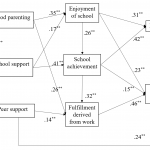
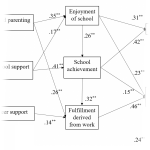
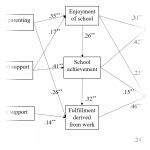
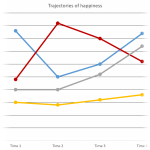
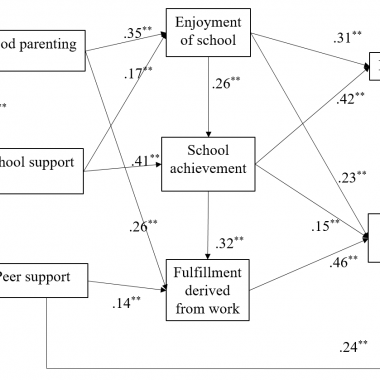
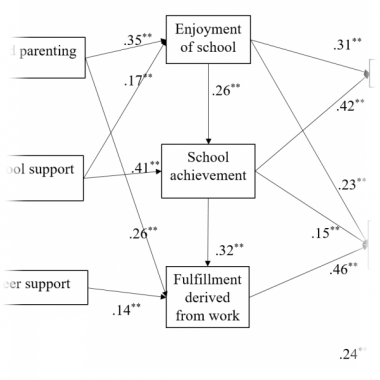
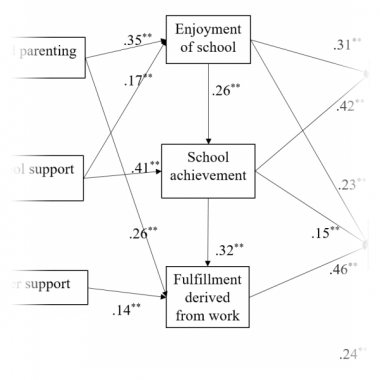
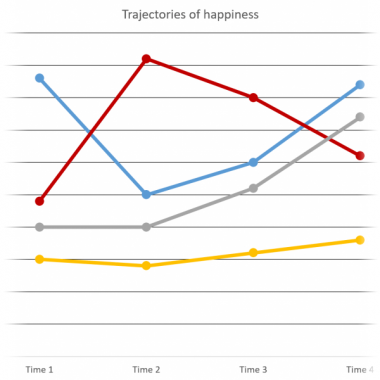


 My name is Gabriela Roman and I am a researcher based at the Institute of Criminology, University of Cambridge. I hold a PhD in developmental psychology (Cambridge University), an MPhil in criminological research (Cambridge University), and a BA in cognitive and social psychology (Jacobs University Bremen). My main research interest at the moment refers to self-concepts and self-regulation, with a particular focus on deconstructing interactions via virtual reality methodologies.
My name is Gabriela Roman and I am a researcher based at the Institute of Criminology, University of Cambridge. I hold a PhD in developmental psychology (Cambridge University), an MPhil in criminological research (Cambridge University), and a BA in cognitive and social psychology (Jacobs University Bremen). My main research interest at the moment refers to self-concepts and self-regulation, with a particular focus on deconstructing interactions via virtual reality methodologies.